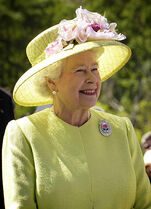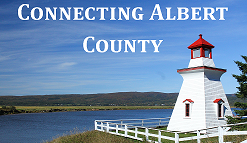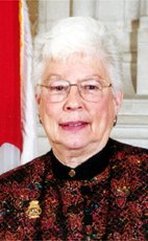
visiting the London School of Economics.
The financial crisis was well underway and
the Queen took the opportunity to pose
a question about the scale of the disaster
that everyone had been thinking; "If these
things were so large, how come everyone
missed them?" It was a fair question that
deserved a proper response.
experts had gathered on the 17th to hammer out an answer to
the Queen's question. The list of participants was actually very
impressive:
Professor Tim Besley, FBA, London School of Economics
Professor Christopher Bliss, FBA, University of Oxford
Professor Vernon Bogdanor, FBA, University of Oxford
Sir Samuel Brittan, Financial Times
Sir Alan Budd
Dr. Jenny Corbett, University of Oxford
Professor Andrew Gamble, FBA, University of Cambridge
Sir John Gieve, Harvard Kennedy School
Professor C. Goodhart, FBA, London School of Economics
Dr David Halpern, Institute for Government
Professor José Harris, FBA, University of Oxford
Mr. R. Harrison, Economic Adviser to the Shadow Chancellor
Professor Peter Hennessy, FBA, University of London
Professor Geoffrey Hosking, FBA, University College London
Dr. Thomas Huertas, Financial Services Authority
Mr. William Keegan, The Observer
Mr. Stephen King, HSBC
Professor Michael Lipton, FBA, University of Sussex
Rt. Hon. John McFall, MP, Commons Treasury Committee
Sir Nicholas Macpherson, HM Treasury
Mr. Bill Martin, University of Cambridge
Mr. David Miles, Bank of England
Sir Gus O’Donnell, Secretary of the Cabinet
Mr. Jim O’Neill, Goldman Sachs
Sir James Sassoon
Rt. Hon. Clare Short, MP
Mr. Paul Tucker, Bank of England
Dr. Sushil Wadhwani, Wadhwani Asset Management LLP
Professor Ken Wallis, FBA, University of Warwick
Sir Douglas Wass
Mr. James Watson, Dept. for Business, Innovation & Skills
Mr. M. Weale, Nat. Institute of Economic & Social Research
Professor Shujie Yao, University of Nottingham
Having gathered and had a wide-ranging discussion Professor
Tim Besley and Professor Peter Hennessy summarized the
discussion into a three page letter and submitted it to the
Queen. The letter is quite interesting. Or at least as interesting
as economics can be. The letter is part explanation, part Mea
culpa for their part in being unable to see the economic
disaster unfolding.
The letter promised that a future meeting would look at what
could be done to prevent Her Majesty from ever having to ask
her question again. And in December the promised meeting
took place and a second letter was delivered to the Queen.
In summarizing the discussion the group proposed a course of action which I have quoted below:
"So, we end with a modest proposal. If you, Your Majesty, were to ask for a
monthly economic and financial horizon-scanning summary from, say, the Cabinet
Office, it could hardly be refused. It might take a form comparable to the Joint
Intelligence Committee’s ‘Red Book’, which you received each week from 1952 until
2008 when it was abandoned. And, if this were to happen, the spirit of your LSE
question would suffuse still more those of your Crown servants tasked to defend,
preserve and enhance the economic well-being of your country."
possible as the financial crisis did lead the Queen to start
becoming more involved. For instance it led to Mervyn King
being the first Bank of England governor being invited to
the palace for a chat with the Queen.
In the end a simple question from the Queen led a group of
people to thoroughly examine the causes of the greatest
economic disaster of our time and perhaps taught some
economists the value of seeing the big picture.
Loyally Yours,
A Kisaragi Colour
 RSS Feed
RSS Feed





